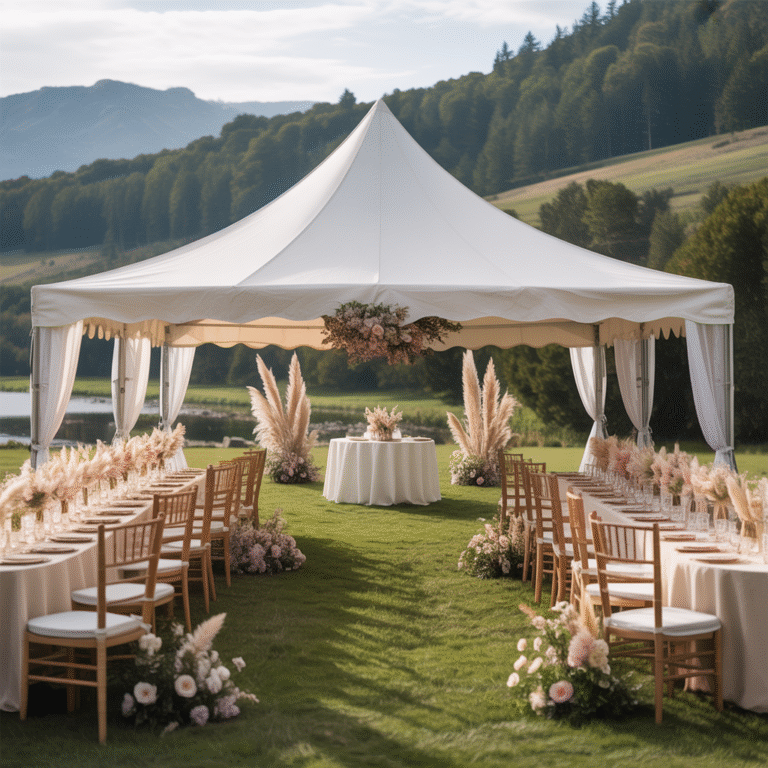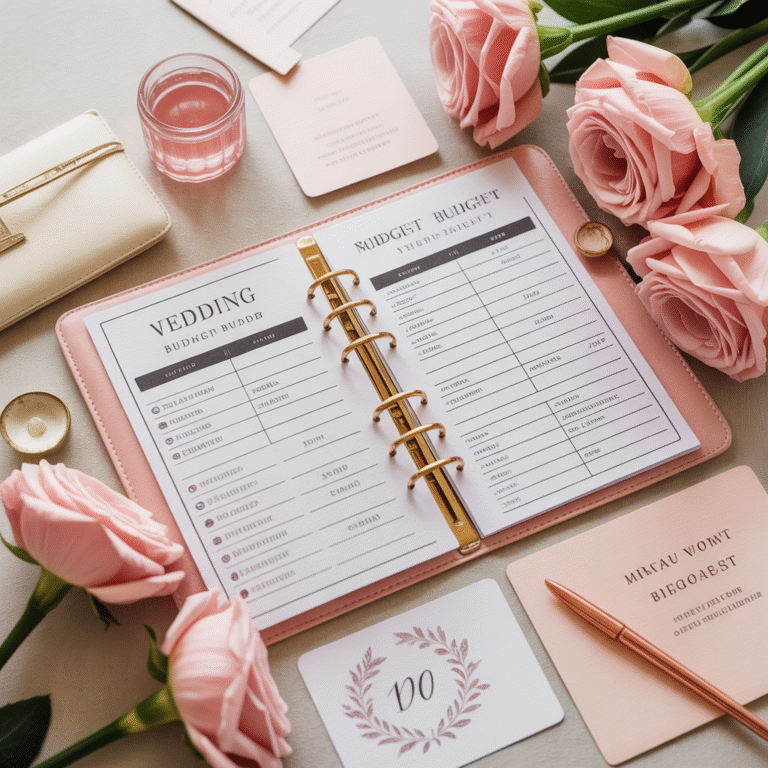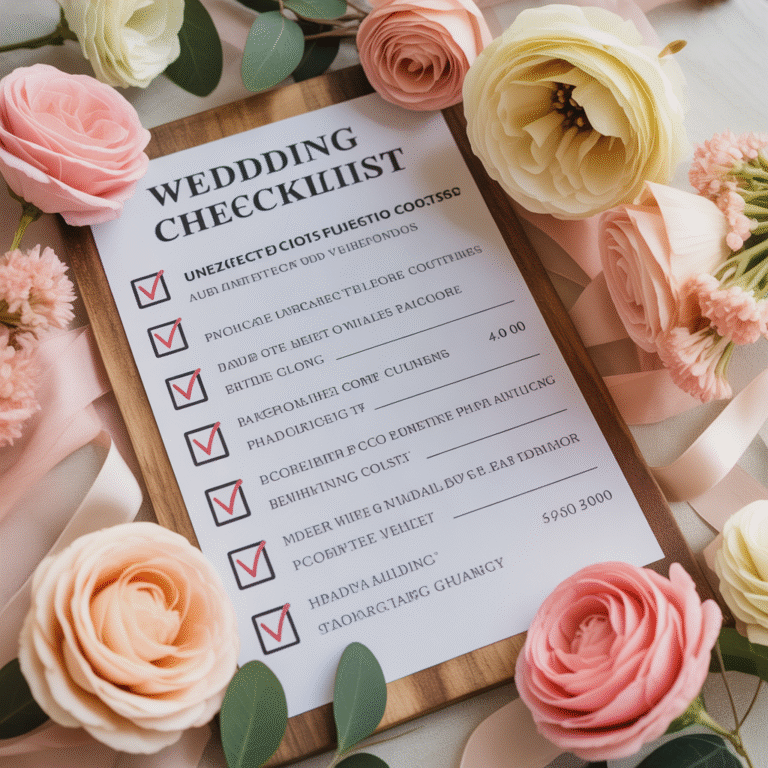9 Wedding Expenses You Really Need to Budget For
Introduction
Planning a wedding involves numerous decisions and, crucially, budgeting for various expenses. Understanding the essential costs associated with a wedding can help couples avoid financial strain and ensure their special day is memorable. This article will highlight key wedding expenses that should be prioritized in any wedding budget.
From the venue to attire and catering, each element plays a significant role in the overall experience. By identifying and planning for these expenses, couples can allocate their resources more effectively, making informed choices that align with their vision and financial situation.
Definitions of Key Wedding Expenses
When budgeting for a wedding, it’s essential to define the key expenses involved. Major categories typically include venue rental, catering, photography, attire, and entertainment. Each of these elements contributes to the overall atmosphere and experience of the wedding day.
Venue rental is often one of the most significant expenses, as it sets the stage for the event. Catering costs include food and beverages, which can vary widely based on the menu choices. Photography captures the day’s memories, while attire encompasses the wedding dress and suits for the couple. Entertainment often includes music or other performances, which are crucial for keeping guests engaged.
Key Concepts in Wedding Budgeting
Effective wedding budgeting involves understanding both fixed and variable costs. Fixed costs, such as venue rental and deposit fees, remain constant, while variable costs, like catering and floral arrangements, can fluctuate based on choices made. Establishing a realistic budget requires a comprehensive understanding of these costs.
Moreover, prioritizing expenses is vital. Couples should identify what aspects are most important to them, whether it’s an extravagant venue or a top-tier photographer. This prioritization helps in making trade-offs elsewhere to stay within budget.
Examples of Common Wedding Expenses
Common wedding expenses include venue costs, catering, decorations, and attire. Venue costs typically range from a few thousand to tens of thousands, depending on location and capacity. Catering costs are often calculated per person and can add up quickly, particularly when including a full-service meal and drinks.
Decorations also play a significant role in setting the mood and can vary from simple floral arrangements to elaborate setups. Attire includes not only the wedding dress but also suits for the groom and attire for the wedding party, contributing to overall costs.
Pros and Cons of Budgeting for Weddings
There are several advantages to budgeting for weddings. A well-planned budget helps prevent overspending and ensures that funds are allocated to the most important aspects of the event. Couples can also reduce stress by having a clear financial plan in place.
However, strict budgeting can also present challenges. It may limit creativity and the ability to splurge on certain elements. Additionally, unexpected costs can arise, necessitating flexibility and potentially leading to budget adjustments.
Case Study: A Real Wedding Budget Breakdown
Consider a couple who planned a wedding with a total budget of $20,000. They allocated $8,000 for the venue, which included both rental and catering. Photography was set at $2,500, while decorations were budgeted at $3,000. Attire costs amounted to $2,000, and entertainment was $2,500.
This budget breakdown illustrates how prioritizing each expense helped the couple stay within their financial limits while still achieving their desired wedding experience. By tracking expenses and making adjustments as needed, they managed to create a memorable day without financial regret.
Future Trends in Wedding Expenses
As wedding trends evolve, so do the associated expenses. There is a growing emphasis on experiential elements, such as unique venues and interactive entertainment, which may lead to increased overall costs. Additionally, sustainable weddings are gaining popularity, often requiring a budget for eco-friendly options.
Conclusion
Budgeting for a wedding is a crucial step in the planning process. By understanding key expenses and prioritizing them, couples can create a memorable event without overspending. As trends continue to change, staying informed about costs will empower couples to make decisions that align with their vision and financial realities.







